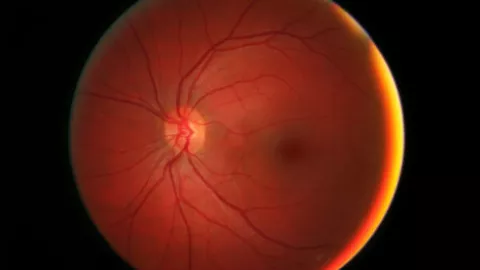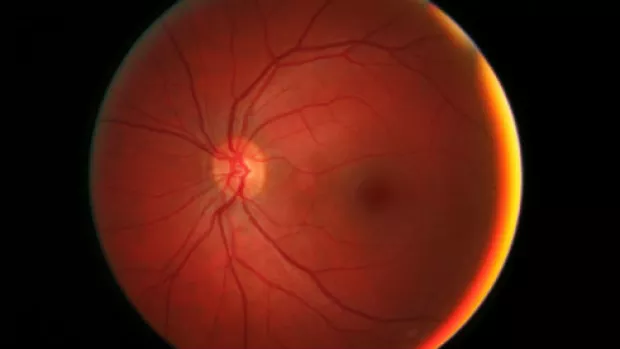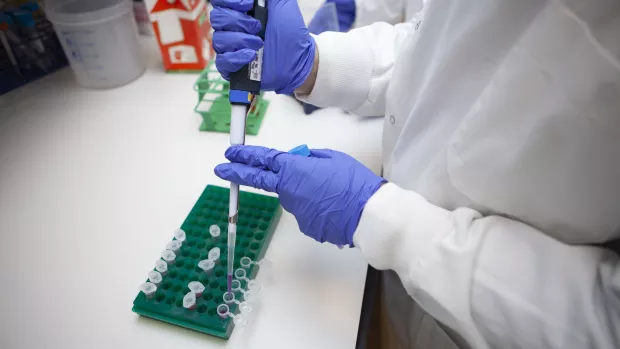
Optic neuritis trial finds amiloride does not protect nerves
A trial we funded found that amiloride did not protect nerves from damage in acute optic neuritis.
The ACTION trial involved 43 people with MS who had experienced acute optic neuritis. After five months of treatment, people taking amiloride had the same amount of damage to the nerves at the back of the eye as those who had been taking a placebo.
Dr Matt Craner, who led the study, said: “The results are disappointing but they’re still very useful in developing new treatments. We learned an awful lot about the best time to give potential neuroprotective drugs in optic neuritis.
“We’ll use this information to shape how we do neuroprotective trials in the future. I’d like to thank everyone who made this trial possible, in particular those who took part.”
Amiloride for optic neuritis and MS
Neuroprotective treatments are often trialled first in optic neuritis because the nerves at the back of the eye are easier to image. These trials can give us an idea of the nerve-protecting potential of treatments like amiloride.
Amiloride is also being tested as a treatment for people with secondary progressive MS in our MS-SMART trial. As amiloride is currently used to treat heart disease, we already know how safe it is.
Dr Jeremy Chataway, who runs the MS-SMART trial, said: “Seeing the benefits of neuroprotective treatments in optic neuritis is always encouraging, but acute optic neuritis and progressive MS are different conditions. Just because we didn’t see the potential of amiloride to protect nerves from damage in this trial doesn’t mean that it won’t be effective for people with MS.
“The evidence we have so far still suggests that amiloride has great potential as a neuroprotective treatment for MS, and we’re excited to see the results of the MS-SMART trial in 2018.”
Building momentum
Dr Emma Gray, our Interim Assistant Director of Research, said:
“These results aren’t what we had hoped for, but it’s encouraging to see more and more treatments being tested in clinical trials and it’s great that we can learn from them all.
“Our goal is to ensure that everyone with MS has access to effective treatments that can slow, stop or reverse the damaged caused in MS. The momentum is building and we’re looking forward to seeing the results of more neuroprotective trials in the future.”



